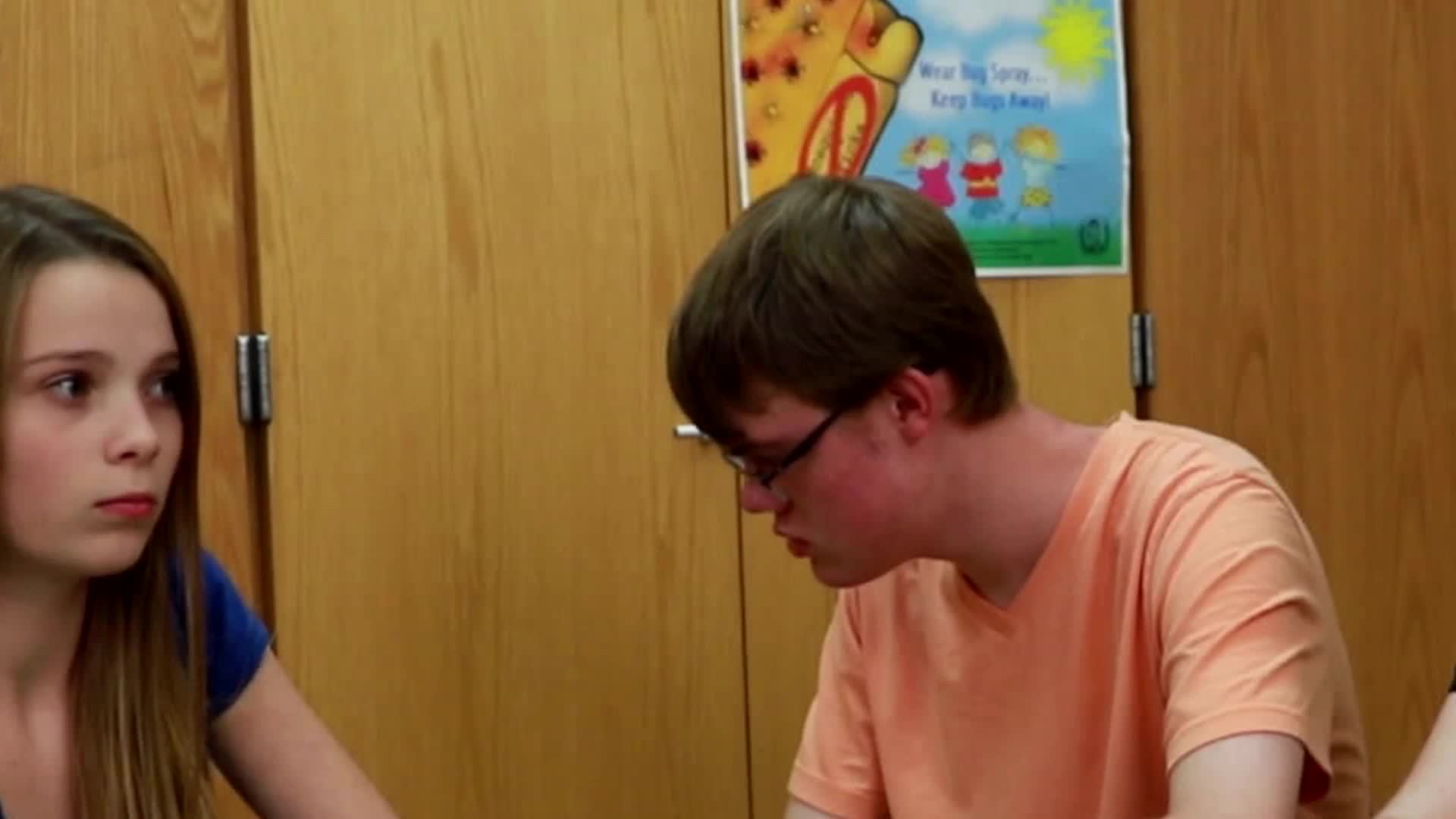
Introduction
As educators, it’s important to teach students about good sportsmanship and accepting that they can’t win all the time. In sports or games, sometimes other people win, and that’s okay. When students lose, they need to be a good sport, which means not complaining or getting upset. If they get upset every time they lose, people won’t want to play with them. This blog post will discuss an activity to help students understand the importance of being a good sport, provide discussion questions, and mention related skills to develop.
No-Prep Activity
One effective no-prep activity to teach good sportsmanship is role-playing. Divide the students into small groups and have them act out scenarios where they’re participating in a sports activity or a game. One student will play the role of the winner, while the others will be the losers. The “losers” should practice being good sports by congratulating the winner, shaking hands, and not showing signs of frustration or anger. Afterward, encourage the students to switch roles and repeat the process.
This activity helps students understand and experience the emotions involved in winning and losing, allowing them to empathize with their peers and develop good sportsmanship habits. It also encourages students to communicate effectively and respectfully with their peers, regardless of the outcome of the game or activity.
Discussion Questions
- Why is it important to be a good sport when we lose a game or sports activity?
- How do you feel when someone is not a good sport after losing? How does it affect your relationship with them?
- What are some ways you can show good sportsmanship when you lose?
- How can you help your friends or classmates practice good sportsmanship?
- Why is it important to show respect and kindness to others, regardless of whether they win or lose?
Related Skills
Beyond good sportsmanship, there are other relevant skills for students to develop, such as:
- Empathy: Understanding and sharing the feelings of others, especially when they win or lose.
- Resilience: The ability to bounce back from setbacks and disappointments, like losing a game or sports activity.
- Effective Communication: Expressing thoughts and feelings clearly and respectfully, especially during emotionally charged situations.
- Conflict Resolution: Resolving disagreements or conflicts in a constructive and respectful manner.
Next Steps
Teaching students the importance of being a good sport and embracing the concept of not winning all the time is crucial for their social-emotional development. As educators, it is our responsibility to help them cultivate these skills and create a supportive learning environment.
If you’re interested in exploring more activities, discussion questions, and resources that focus on good sportsmanship and other related skills, sign up for free sample materials at Everyday Speech. You’ll find a vast collection of resources to help you effectively teach these essential life skills to your students.

